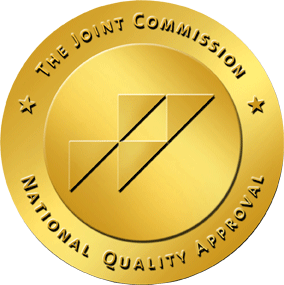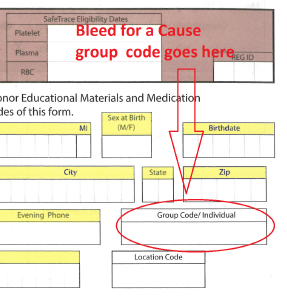Author: jennpierson
Ranking Places Four Lindner Center Doctors at the Top Locally
The Frances and Craig Lindner Center of HOPE is pleased to announce the following doctors were ranked among the best doctors in the nation and among the top specialists in the Tri-State as indicated by The Best Doctors in America 2017-2018 database. As selected by their peers, 479 specialists from the Tristate were included in the listing published in Cincy Magazine’s December 2017/January 2018 issue:
Paul E. Keck, Jr., M.D., President-CEO, Lindner Center of HOPE, is a nationally renowned psychiatrist and researcher in Bipolar Disorder and psychopharmacology. He authored over 525 scientific papers in leading journals and was the 7th most cited scientist in the world published in the fields of psychiatry and psychology over the last decade.
Michael A. Keys, M.D., Dr. Keys is a regionally known and respected expert in Geriatric Psychiatry. He currently serves as a Senior Adult Psychiatrist (part-time) at the Lindner Center of HOPE. He is also a member of several national and international psychiatric associations and editorial boards.
Susan L. McElroy, M.D., A nationally recognized researcher and educator, Dr. McElroy is internationally known for her research in bipolar disorder, eating disorders, obesity, impulse control disorders and pharmacology. As Chief Research Officer for the Lindner Center of HOPE, she currently oversees multiple ongoing studies in bipolar disorder, major depression, binge eating disorder and obsessive compulsive disorder.
This is the seventh consecutive year these doctors were included in this database. All three physicians hold faculty appointments with the University of Cincinnati College of Medicine and are part of UC Physicians.
Joining the list for the second year is:
Brian P. Dowling, M.D., a highly regarded psychiatrist in the Cincinnati area, who focuses on maximizing time with his patients in order to truly understand their individual stories attempting to offer them hope and a sense of possibility. Dr. Dowling is the Director of Medical Education at Lindner Center of HOPE.
Lindner Center of HOPE in Mason is a comprehensive mental health center providing excellent, patient-centered, scientifically-advanced care for individuals suffering with mental illness. A state-of-the-science, mental health center and charter member of the National Network of Depression Centers, the Center provides psychiatric hospitalization and partial hospitalization for individuals age 12-years-old and older, outpatient services for all ages, diagnostic and short-term residential services for adults and adolescents, outpatient services for substance abuse through HOPE Center North location and co-occurring disorders for adults and research. The Center is enhanced by its partnership with UC Health as its clinicians are ranked among the best providers locally, nationally and internationally. Together Lindner Center of HOPE and UC Health offer a true system of mental health care in the Greater Cincinnati area and across the country. The Center is also affiliated with the University of Cincinnati (UC) College of Medicine.



